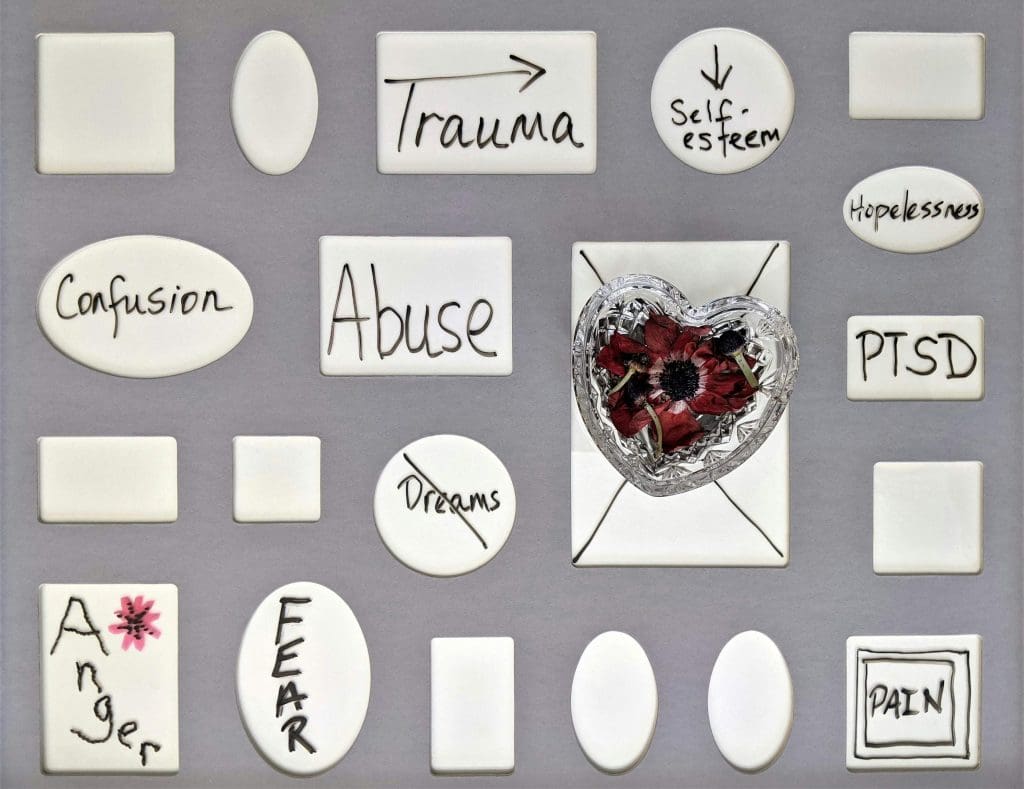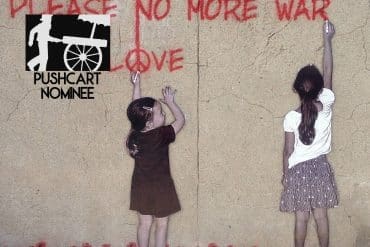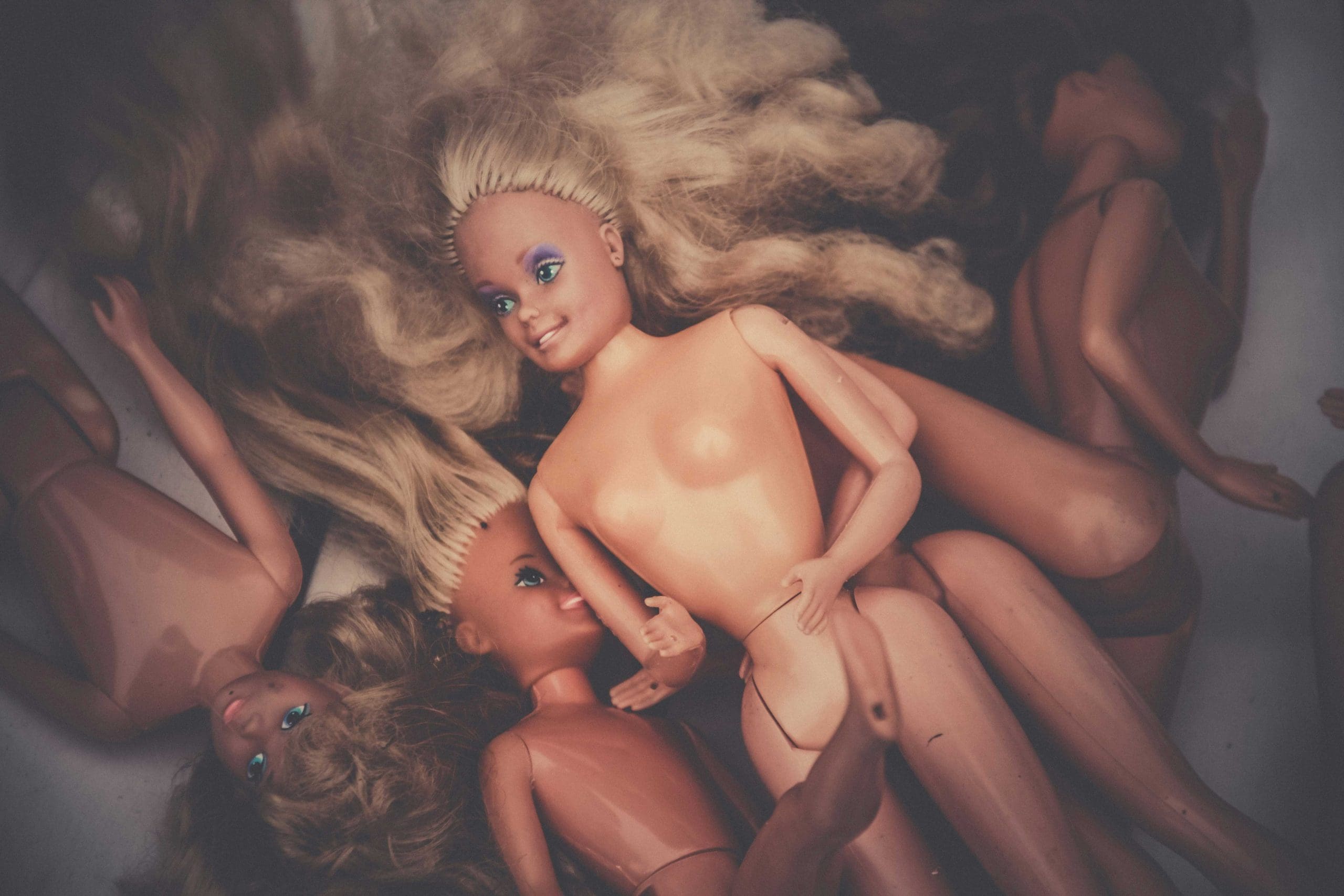Writing Magic: Hot Pink Truth Serum of My Trauma
Author’s Memo
This piece, Hot Pink Truth Serum of My Trauma, is an autoethnography that speaks to the cultures and communities of survivors of childhood sexual abuse and violence. It weaves my own experience as a survivor and cultural trauma theorist into an expressive narrative of prose, verse and poetic prose that positions the survivor’s experience in relationship to contemporary culture’s pop feminism, represented by the recent release of Barbie.
This piece while relatively short (approx. 680 words) weaves together over a decade of my work in feminist trauma studies and mad studies, here, funnelled through my personal experience of a survivor reflecting on her embodied response to our culture’s present discussions around feminism. While I do not engage in critical autoethnography by citing theorists within this piece, a theoretical edge is present, expressed through the mixed form of prose and verse. Here, autoethnography allows my survivor-self to speak in her own authentic and expressive voice while weaving in and out of my theorist self , an opportunity that traditional academic methodology does not, in my experience, allow for.
‘This piece, Hot Pink Truth Serum of My Trauma, is an autoethnography that speaks to the cultures and communities of survivors of childhood sexual abuse and violence.
Through my autoethnography, I use this piece not only to address and represent the silenced experience of survivors of childhood sexual abuse, but also to creatively participate in conversations that get curious about contemporary feminism and new directions opening up to us as we consider how to end cycles of violence. My use of form, prose and verse, combined into a personal narrative allows my work as a cultural theorist to speak through my embodied experience. This demonstrates how embodiment itself is an important path forward for our culture.
An example of such embodiment is when I cite the wisdom in my thighs rubbing together which counters the institution of psychiatry regarding how to ‘fix’ trauma survivors. Such demonstration itself is a counter to the mainstream narratives of feminism, popular and academic, that altogether exclude understanding or consideration of the implicit realms that embodiment speaks to. Our cultures tend to talk about the body, rather than allowing the body to speak. In demonstrating this speaking of the body, I bring my work in feminist phenomenology into this scope of autoethnography.
Finally, given that the realities, stories and experiences of childhood sexual abuse continue to be silenced in all aspects and institutions of contemporary culture, and the fact that the majority of ‘experts’ writing on survivor experiences are not themselves survivors but observers, this piece contributes to an overarching methodological goal of autoethnography: to establish paradigms that invite and allow those of us who survive silenced and marginalized experiences, to speak and be centred.
‘It weaves my own experience as a survivor and cultural trauma theorist into an expressive narrative of prose, verse and poetic prose that positions the survivor’s experience in relationship to contemporary culture’s pop feminism, represented by the recent release of Barbie.

This gnawing has been present since the release of Barbie. Perhaps gnawing is too gentle a word for when my trauma speaks. This sensation digs and twists so deeply into my body and psyche. It is the feeling that comes when once again the mainstream media world stamps its approval on a feminist breakthrough. On a force of art to represent all women. On the change that’s a need. It is the feeling that comes when, once again, a mainstream narrative does not include me, too.
I write as a survivor of years and years of childhood sexual violence.
I write for every child who has had to go to sleep at night, praying, teeth clenched and breath locked, that tonight will not be a night like so many others. That for some reason, He will not come. That for some reason, tonight will be a night when sweet sleep and dreamscapes are granted. Not the sound of feet climbing the stairs. Not the sound of the door handle turning. Not the sound that summons a child psyche into the dissociative grace by which we survived and will continue to survive such horrors.
I do not write to enter the decades-long tug of war over of what feminism is and isn’t.
I do not write to hand out or to be hand out a label of ‘anti-feminist.’
I am done with labels. I am done with sides.
‘This gnawing has been present since the release of Barbie. Perhaps gnawing is too gentle a word for when my trauma speaks.
Give me the rawness of a culture unafraid to speak up for the silencing of violated girlhood that still goes on in 1 of 3 girls though my heart knows statistics fail and it is 1 of 2.
Give me a culture conscious and sensitive enough to realize that some struggles are not meant to be turned into entertainment.
Give me the courage of a culture ready to roll up its sleeves and strip back the layers of sparkle and glitter. Ready to get dirty and messy and expose the breathing, pulsing core of cycles of violence: greed that clutches for wealth, power, and status at all costs.
It is time to acknowledge that clutching grip of greed extends beyond gender.
I was abused by men.
And I was abused by women.
My girlhood was
ripped
out of me
before
I could construct full sentences.
I beg mainstream culture & Hollywood to stop.
‘This sensation digs and twists so deeply into my body and psyche. It is the feeling that comes when once again the mainstream media world stamps its approval on a feminist breakthrough.
Stop pushing unchecked privilege into the spotlight of trauma by wrapping it up in a corporate pink bow that redirects the mass’ gaze into the rhetorical art of pop culture going ‘meta’ all the while ensuring colonial capitalistic paradigms remain solidly intact.
Stop because
the medium is the message.[1]
Stop because
the master’s tools will never…[2]
Stop because
what that does is further silence
& further marginalize
those of us
silenced yes by interlocking systems of racism, sexism, ableism, classism, transphobia, etc.,
but also by the neurological programming of human survival
that teaches us to cognitively disown that which we should never have to survive.
‘..silenced yes by interlocking systems of racism, sexism, ableism, classism, transphobia, etc.,
I am writing this because I have found that the gnawing stops not when I call out my abusers. Not when I confront and ‘overcome’ my own depths that little do the so-called trauma experts know are filled with an endless source of creativity, richness & grace I summon up every time my thighs rub together when I walk. In every roll of flesh my stomach hugs me with. In every wrinkle on my face that tells a story of my heritage of survival so empowering I cannot understand why I am told I should want to erase those wrinkles of victory with the latest celebrity-endorsed night cream.
No.
The gnawing stops when the witch in me stirs her words of magical recipes handed down through maternal lineages too rooted in this earth to be silenced. It stops when I pour a little more of this magical hot pink truth serum[3] of my trauma into the caldron of surface level bullshit that has become our mainstream culture and I watch with a smile as the steam begins to rise.
[1] McLuhan, M. (2001). Understanding media : the extensions of man (2nd ed.). Routledge.
[2] Lorde, A. (2020). The selected works of Audre Lorde (R. Gay, Ed.; First edition.). W. W. Norton & Company.
[3] It used to be a shade of crimsoned red, but with all the Barbie™pink circulating as of late, its colour has begun to turn.
Credits
Featured image by Alexandre Dinaut for Unsplash
Image by Susan Wilkinson for Unsplash
Learn More
New to autoethnography? Visit What Is Autoethnography? How Can I Learn More? to learn about autoethnographic writing and expressive arts. Interested in contributing? Then, view our editorial board’s What Do Editors Look for When Reviewing Evocative Autoethnographic Work?. Accordingly, check out our Submissions page. View Our Team in order to learn about our editorial board. Please see our Work with Us page to learn about volunteering at The AutoEthnographer. Visit Scholarships to learn about our annual student scholarship competition









